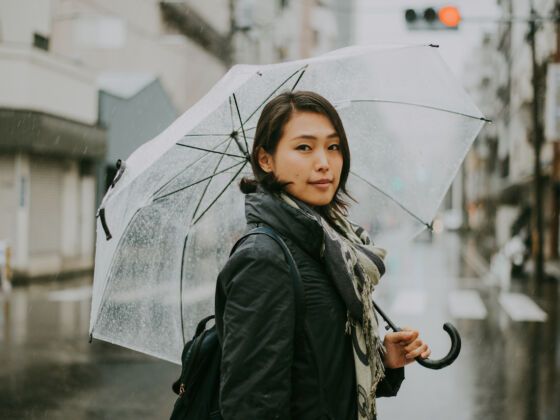1. Kawaii (Ka-wa-eeee)
“Cute”
In Japan, kawaii is a life force unto itself, permeating and sustaining all things in delicate harmony. Cuteness is so rampant that convenience stores, popular brands, cities, prefectures, bank campaigns and even government agencies ALL have their own animated mascot characters.
Need a little extra cute in your life? This company sends out monthly kawaii care packages. You’re welcome.
